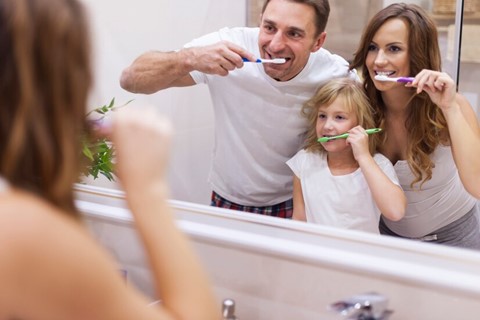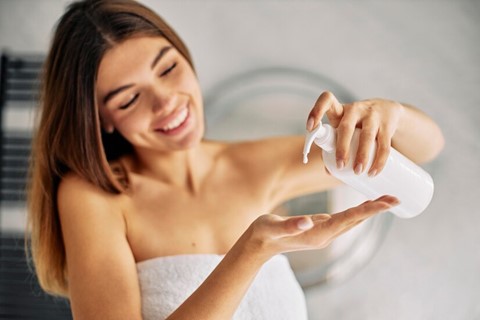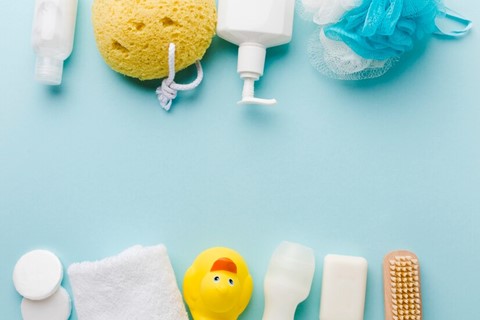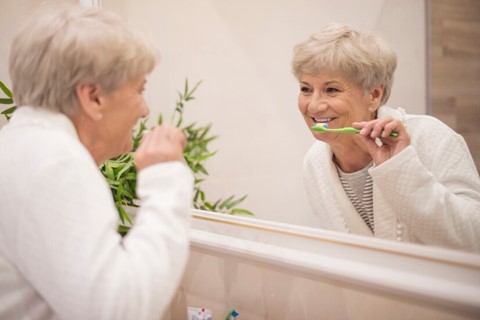The Ultimate Personal Hygiene Checklist for Elderly
Growing old is a natural part of life, and it comes with the need for extra care and even assistance with daily tasks. Maintaining hygiene is more important for physical health and self-confidence at this time. Following proper hygiene in this age can be difficult, but a little effort or assistance from loved ones can bring joy into their lives.
That is why we have provided the ultimate guide for personal hygiene for the elderly, which will assist you in creating a daily check list for a healthy and joyful life ahead.
Why is hygiene important for elderly?
As we age, our bodies change, making it difficult to follow even a regular routine, or maintain hygiene alone. Our bodies become more susceptible to illness, reduced mobility, diminished senses, and there becomes a need for regular medical advice and medication.
However, in today’s world, if we can maintain good hygiene, it will benefit not only our physical health but also our mental health, giving us the confidence to fight any illness or difficulty.
1. Oral Hygiene (H2)

Oral hygiene is the foundation of everyone’s overall health and well-being. Whatever we consume to provide energy and strength to our bodies, if it is not hygienically correct, there is a risk of developing a variety of minor to serious diseases such as cavities, gum disease, bad breath, diabetes, blood vessel inflammation, tiny blood clots, heart attack, and stroke.
However, when it comes to the elderly, the chances of being affected by these diseases are much higher. To eliminate this, the following oral hygiene for the elderly would be beneficial:
- Regular Brushing Teeth:Brushing teeth twice a day with a soft-bristle toothbrush using an effective toothpaste is recommended.
- Using Dental Floss: This will assist in removing food and dental plaque from between teeth where the toothbrush may not reach.
- Clean Denture Care: If you use denture care products, make sure to clean them overnight with a saltwater solution to kill germs.
- Schedule regular dental check-ups to address any oral health issues before they become severe.
2. Body Hygiene

Body hygiene is another crucial cornerstone for overall good health. As we age, our skin loses flexibility, gets dry and rough, and wrinkles form, allowing germs to hide inside and spread rapidly, causing skin problems if we do not prioritise body hygiene. Body hygiene entails not just caring for one's skin but also one's hair, nails, and wearing clean clothes.
- Regular Bathing:Bathing on a regular basis with skin-friendly soaps is essential for removing dirt, dead skin, and sweat from our bodies and keeping us fresh all day.
- Applying Moisture: Applying moisture lotion after bathing is essential, especially for the elderly. Because their skin becomes particularly dry at this age, moisturising delivers vitamins to the skin and keeps it smooth all day.
- Hair Care: For healthy and shiny hair, shampoo it regularly and apply conditioner as needed. Otherwise, it can make your scalp irritated and trigger hair loss, therefore regular hair care is essential.
- Nail Care: Trim your nails before they grow too long or provide a home for germs, which can lead to a variety of diseases. When large nails are touched, they can irritate your skin.
- Wearing Fresh Cloth: Wearing fresh and clean clothes is essential for overall hygiene but washing them every day is not necessary.
3. Sleep Hygiene

A good night's sleep is essential for overall health and mental well-being. . These issues are especially hazardous for the elderly age. Here are some sleep hygiene tips for the elderly to help them achieve a good night's sleep.
- Keep a consistent sleep schedule: Go to bed and wake up at the same time every day to ensure uninterrupted sleep as this becomes a part of your regular routine.
- Avoid using electronics before bed: The lights from TVs, phones and tablets make it difficult to fall asleep. At the same time, avoid thinking about or watching anything that will keep you thinking, such as horror films or noteworthy events.
- Establish a bedtime routine: Take time to relax in bed for better sleep, such as reading a book or listening to soft music.
- Limit stimulants: Avoid eating heavy meals or drinking caffeine-containing beverages right before bed; these can keep you awake for a long time.
- Create a comfy sleeping environment: Make your bedroom according to your sleeping preferences, ensuring that it is quiet, dark, and at a reasonable temperature.
- Exercise: Exercising helps you sleep better, but make sure to do it at least 3 hours before bedtime
4. Hygiene Products
Another essential practice for maintaining good hygiene even in old age. Getting in contact with water every time while cleaning may be difficult during this time but using hygiene products from trusted brands will take care of it by killing 99.9% of germs. Carry hand sanitizer with you whenever you go out, so that if you encounter any public or dirty surfaces, you have the medicine to keep your hands germ-free.

Otherwise, germs can enter your eyes and mouth by touching your hands. Similarly, if you are going out and sweating, wet wipes will provide you with freshness and cleanse you of germs.
To summarise, personal hygiene is critical for overall health and social well-being. You should prioritise it, especially if it is for seniors, to prevent the unexpected illness that the elderly face and to reduce cross contamination. To maintain a healthy and improved lifestyle even in old age, the elderly should continue to use personal hygiene checklists on a regular basis to ensure their well-being and comfort during their golden years.
Additionally, utilising good hygiene products is essential for an effective result that is free of problems. Remember that excellent cleanliness contributes to a better and happier life for our loved ones.
